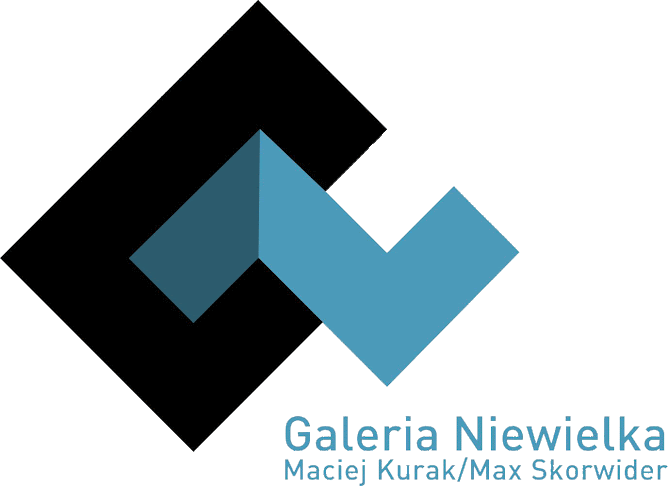‘One snail can block a dam; the Gulf Stream can turn up missing; a slag heap can become a biological preserve; an earthworm can transform the land in the Amazon region into concrete.
Nothing can line up beings any longer by order of importance. When the most frenetic of the ecologists cry out, quaking: “Nature is going to dye,” they do not know how right they are. Thank God,
nature is going to dye. Yes, the great Pan is dead. After the death of God and
the death of man, nature, too, had to give up the ghost. It was time: we were about to be unable to engage in politics any more at all.’
Bruno Latour, Politics of Nature, trans. Catherine Porter, Harvard University Press, 2004, pp. 25-26.
According to Slavoj Žižek, we live in a culture in which we treat most
things ‘nonfundamentalistically’. Today, we perceive as a threat to culture those who live their culture immediately, those who lack a distance toward it.*
All fundamentalist actions are probably those in which
we deeply believe, which consolidate customs and the only
truth. Should we influence them from the outside, imposing
our way of thinking, customs, faith?In religion, certain rituals are an expression of respect for the lifestyle
of the community to which we belong, rather than a confirmation of faith.
Keeping distance, as described by Žižek in his book The Puppet and
the Dwarf, is intensified by the phenomenon of Baudrillard's simulacrum. According to Baudrillard, today it is difficult to talk about fiction and truth as they form a coherent whole. The cyberworld is mixed with the real world and the consequences of decision-making in the virtual space are often disastrous. Fiction is materialized - our best friends are often positive cartoon characters. We form a specific emotional relationship with images of these characters, reconstructed 'in the real world' as fur mascots. Do we, by destroying them and making fur of them, commit abuse against the ethical values they represent? Does wearing fur mascots of our heroes express our strength? Seemingly, the world becomes more and more environmentally friendly. Resigning from killing animals, we produce artificial fur. Certain actions aimed at rebuilding the shattered world, bring about, however, the opposite effect - the cormorant protection program introduced in Masuria damages forests; investing in a fast and cheap production contributes to human rights violation ... How, then, should we act not to violate cultural, moral and ethical values of man while remaining involved? Putting on fur made of gutted mascots, we do not get rid of the the emotional bond that connects us with them, we identify with their positive qualities, we create ‘artificial fur’ being the image of values that man should represent. *Slavoj Žižek, The Puppet and the Dwarf, the Perverse Core ofChristianity, MIT Press, 2003.















Brak komentarzy:
Prześlij komentarz